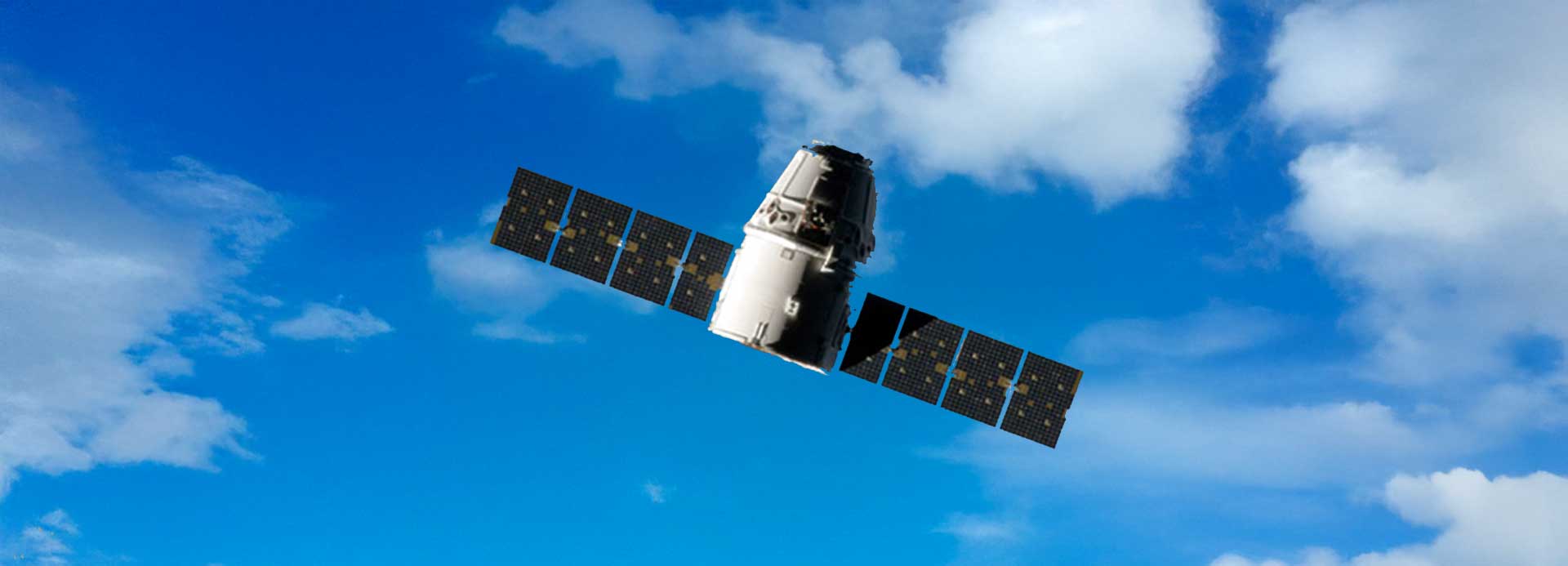
Since the mid-20th century, humanity has embarked on an extraordinary journey into space. At first, the race was dominated by two superpowers—the United States and the former Soviet Union—each striving to showcase their scientific, technological, and military superiority. Their missions were fueled by geopolitical rivalry, leading to groundbreaking achievements like the first human spaceflight and the Apollo Moon landings.
In the following decades, other nations joined the effort. Some pursued space exploration through their national space agencies, while others collaborated through multinational organizations like the European Space Agency (ESA). Aerospace corporations also played a role, primarily through government contracts.
However, the 21st century has ushered in a new era—one in which private companies, led by ambitious entrepreneurs, are reshaping the space industry. Advances in technology, reduced costs, and an influx of visionary leaders have transformed space exploration from a government-dominated venture into a commercial enterprise.
By refocusing our space program on Mars for America’s future, we can restore the sense of wonder and adventure in space exploration that we knew in the summer of 1969. We won the moon race; now it’s time for us to live and work on Mars, first on its moons and then on its surface. – Buzz Aldrin
These pioneers are not just launching rockets—they are building new industries, from satellite communications to space tourism and asteroid mining.
Here are some of the key players driving this transformation:
Elon Musk – SpaceX
Elon Musk’s SpaceX has revolutionized space travel with reusable rocket technology, dramatically reducing costs. The Falcon 9 and Falcon Heavy have become industry workhorses, while the Dragon spacecraft regularly transports cargo and astronauts to the International Space Station (ISS). Starship, the company’s fully reusable deep-space vehicle, is designed for missions to Mars and beyond. SpaceX has also deployed Starlink, a vast satellite constellation providing global internet coverage, with plans to expand into remote areas worldwide.
Jeff Bezos – Blue Origin
Jeff Bezos, founder of Amazon, established Blue Origin to make space travel more accessible. The company’s New Shepard suborbital rocket provides commercial space tourism experiences, while New Glenn, a heavy-lift rocket, aims to compete with SpaceX for satellite launches. Blue Origin is also developing the Blue Moon lander, designed to support NASA’s Artemis program, which seeks to establish a sustainable human presence on the Moon.
Richard Branson – Virgin Galactic
Virgin Galactic, founded by Richard Branson, is pioneering space tourism with its suborbital spaceplane, VSS Unity. The company offers brief but thrilling spaceflights for paying customers, allowing them to experience microgravity and see Earth from the edge of space. Virgin Galactic has already begun commercial flights with StpaceShipTwo and is developing next-generation spacecraft to expand operations.
José Mariano López Urdiales – Zero 2 Infinity
Spanish entrepreneur López Urdiales founded Zero 2 Infinity, which focuses on launching small satellites using high-altitude balloons. The company’s Bloostar system aims to provide a cost-effective and eco-friendly alternative to traditional rocket launches.
Larry Page & Sergey Brin – Planetary Resources (Formerly)
Google co-founders Larry Page and Sergey Brin initially backed Planetary Resources, a company focused on asteroid mining. Though the project was later acquired by ConsenSys, its vision of harvesting space resources continues to inspire future initiatives in off-world mining.
Greg Wyler – E-Space & OneWeb
Greg Wyler has played a crucial role in satellite internet development. He founded OneWeb, a company building a global satellite network to provide broadband connectivity in remote areas. His latest venture, E-Space, aims to create an ultra-low-cost satellite ecosystem to enhance connectivity and data services.
Chris Lewicki – Formerly Planetary Resources
Chris Lewicki, a former NASA engineer, was another key figure in Planetary Resources’ asteroid mining initiative. Though the company has pivoted, the idea of space resource utilization remains a long-term goal for the industry.
Robert Bigelow – Bigelow Aerospace
Robert Bigelow, the founder of Bigelow Aerospace, has focused on inflatable space habitats. His BEAM (Bigelow Expandable Activity Module) is currently attached to the ISS, testing the viability of expandable space stations. His ultimate goal is to create commercial space habitats for research, tourism, and industry.
The Future of Private Space Exploration
The commercialization of space is accelerating, driven by these visionaries and their groundbreaking companies. From reusable rockets to space hotels and global broadband networks, the private sector is expanding humanity’s reach beyond Earth. As costs continue to fall and technology advances, the dream of a thriving space economy is closer than ever. And this is just the beginning.
This infographic from AERTEC provides a glimpse into the private initiatives shaping the future of space exploration.


![A Visual Guide to AI Adoption by Industry [Infographic] hero-image-infographic-Digital-Evolution-Series-Part-2](https://www.skillzme.com/wp-content/uploads/2024/11/hero-image-infographic-Digital-Evolution-Series-Part-2-200x200.jpg)
![Human Error Cybersecurity Statistics [Inforgraphic] hero-image-Human-Error-Cybersecurity](https://www.skillzme.com/wp-content/uploads/2025/02/hero-image-Human-Error-Cybersecurity-200x200.jpg)
![Human Wonders Apollo 13 - Houston we have a Problem [Infographic] hero-image-Apollo-13-mission](https://www.skillzme.com/wp-content/uploads/2025/01/hero-image-Apollo-13-mission-200x200.jpg)


Recent Comments